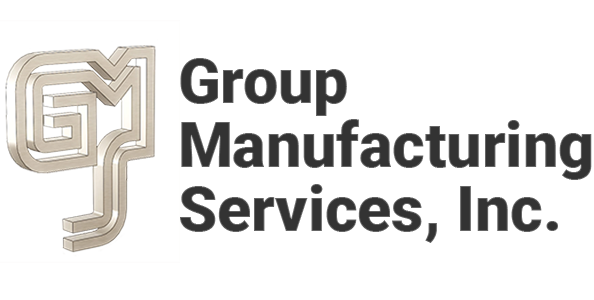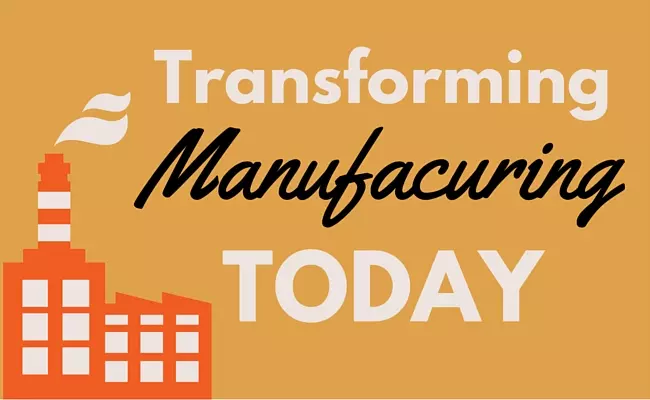
One moment please...

One moment please...
Advanced manufacturing, especially in precision sheet metal fabrication, stands at the forefront of this technological revolution.
In this article, we will define advanced manufacturing within the context of precision sheet metal fabrication, shedding light on its significance and far-reaching impact on diverse industries.
Precision is not merely a buzzword; it’s a fundamental requirement across a spectrum of industries.
Here are a few sectors where the importance of precision is paramount:
As we navigate the complexities of the modern manufacturing landscape, advanced manufacturing in precision sheet metal fabrication emerges as a cornerstone of progress.
The ability to achieve microscopic tolerances and produce intricate components is not just a technological feat; it’s a necessity for industries that push the boundaries of innovation.
In the landscape of industrial production, the terms “manufacturing” and “advanced manufacturing” often coexist, yet their distinctions carry significant implications.
For the technically inclined, understanding these nuances is crucial.
In this section, we dissect the core disparities between conventional manufacturing and its evolved counterpart, advanced manufacturing.
At its essence, manufacturing refers to the process of transforming raw materials into finished goods through a series of systematic operations.
Historically, this has been a broad term encompassing a wide range of techniques, from manual craftsmanship to automated assembly lines.
Traditional manufacturing, while effective, often relies on standardized processes and may involve less sophisticated technologies.
In contrast, advanced manufacturing transcends conventional boundaries, leveraging cutting-edge technologies and refined methodologies to elevate the entire production spectrum.
It introduces a paradigm shift, emphasizing precision, efficiency, and adaptability.
Advanced manufacturing integrates automation, data analytics, artificial intelligence, and other innovative tools to enhance every facet of the manufacturing process.

Advanced manufacturing transcends conventional boundaries, leveraging cutting-edge technologies and refined methodologies to elevate the entire production spectrum.
For the technically savvy engineer, the transition from manufacturing to advanced manufacturing represents an evolutionary leap, not merely in terminology but in the very fabric of production methodologies.
The integration of cutting-edge technologies and a shift towards precision and adaptability define this transformation.
As we navigate the intricate landscape of modern industrial processes, recognizing these differences becomes imperative for those aiming not just to produce, but to innovate and lead in the dynamic world of advanced manufacturing.